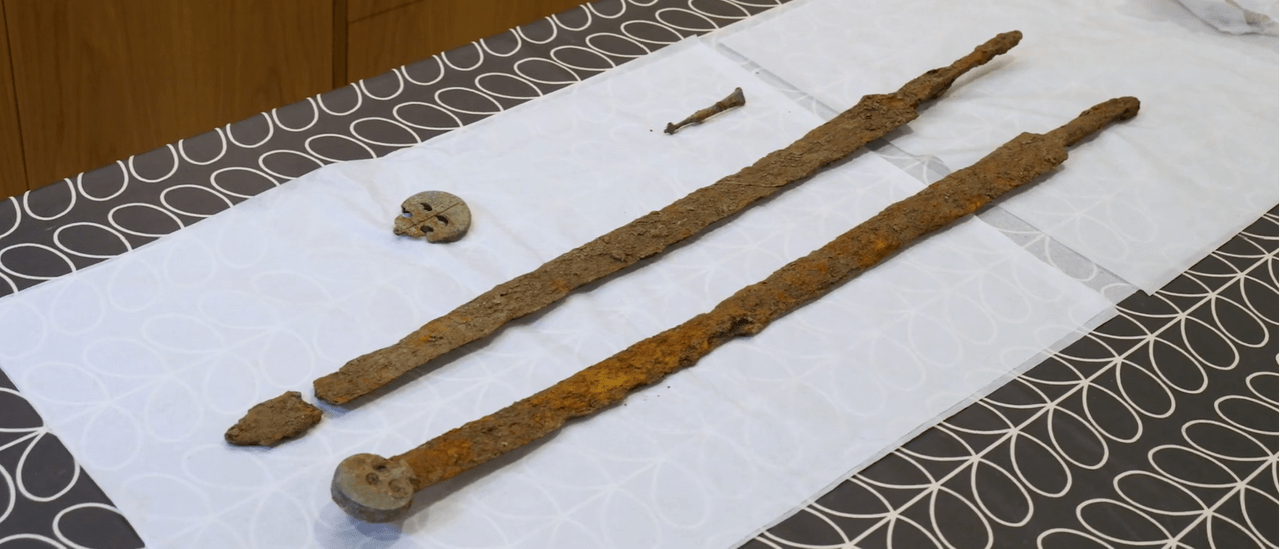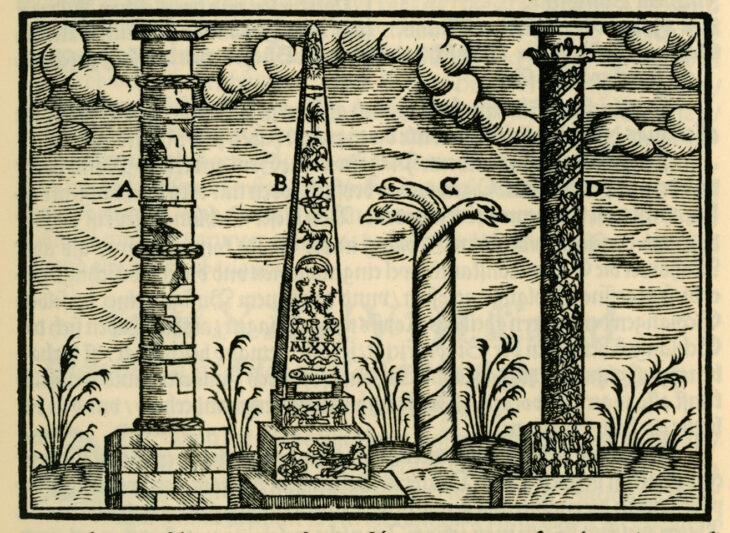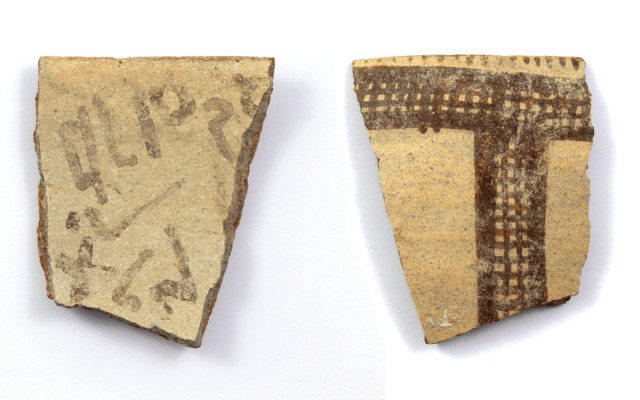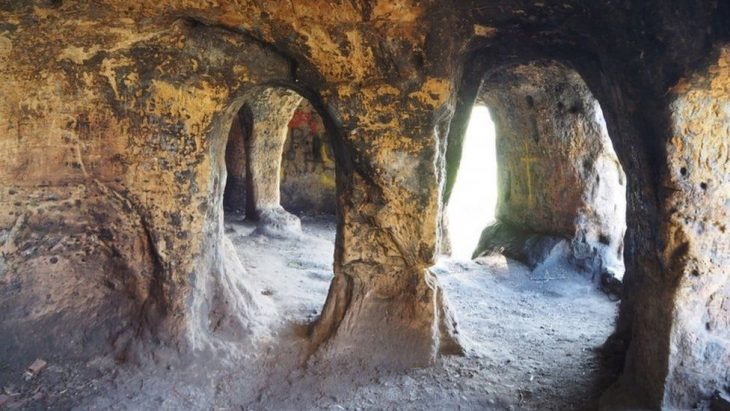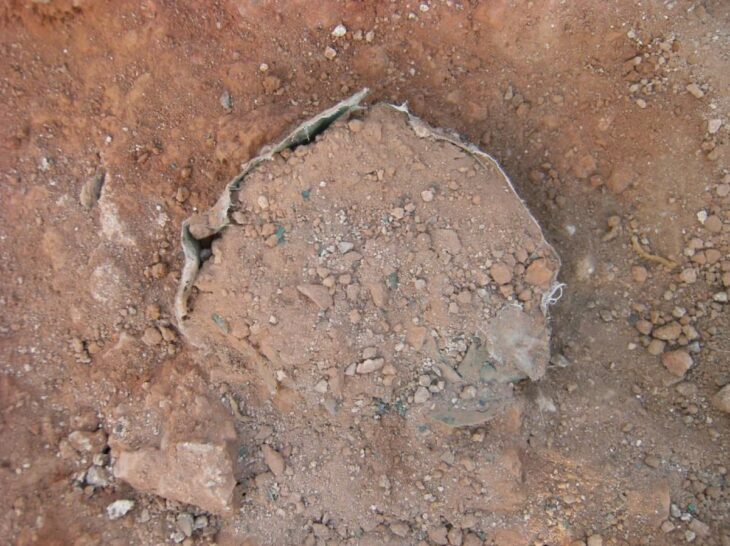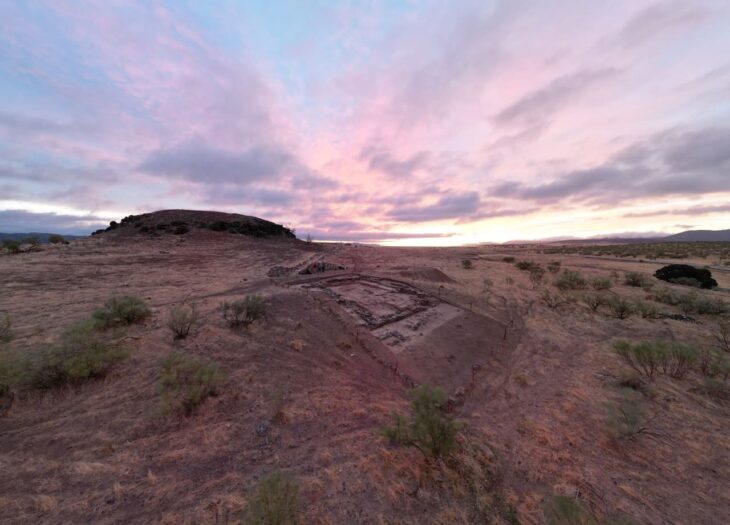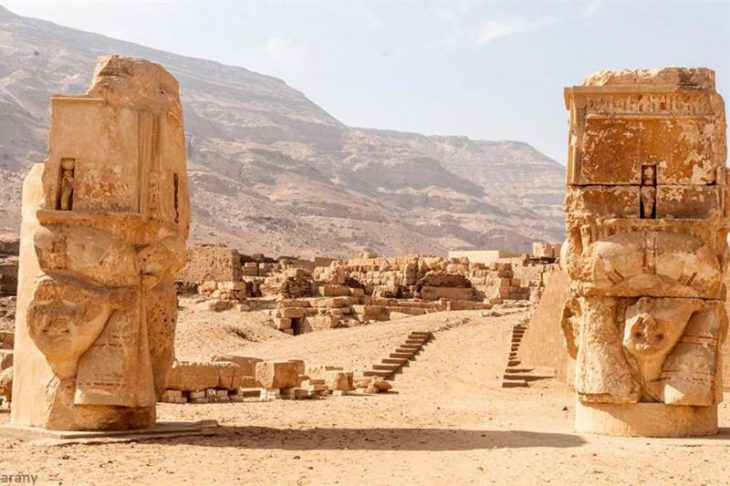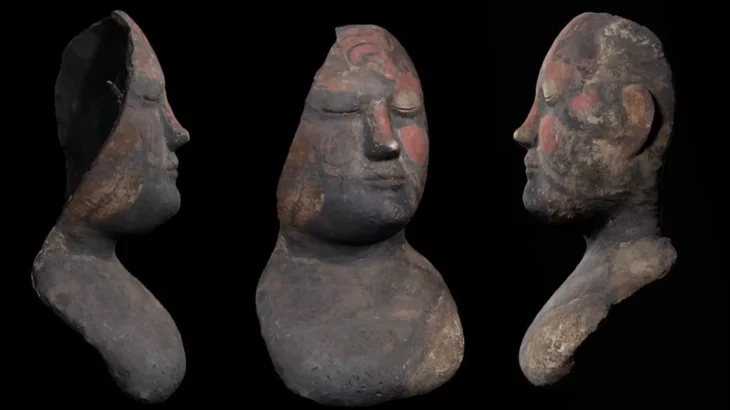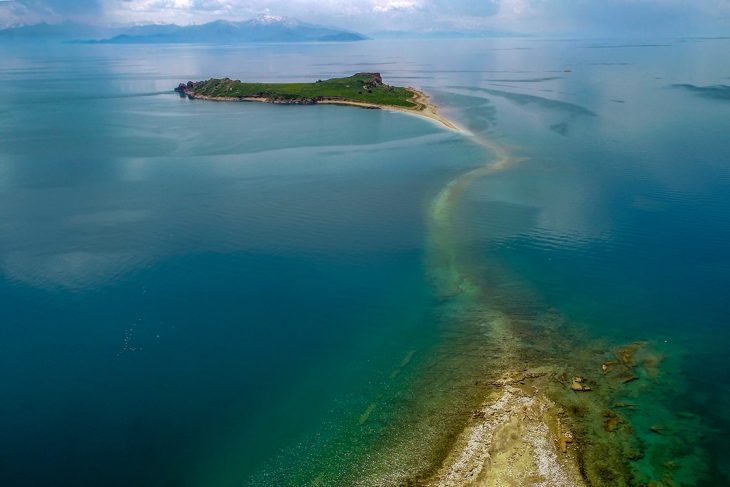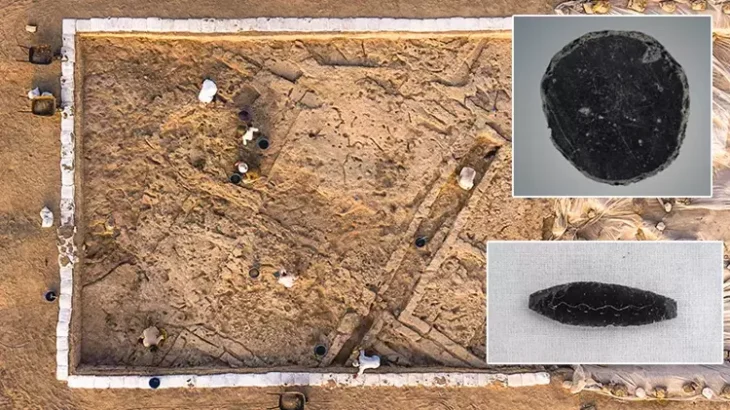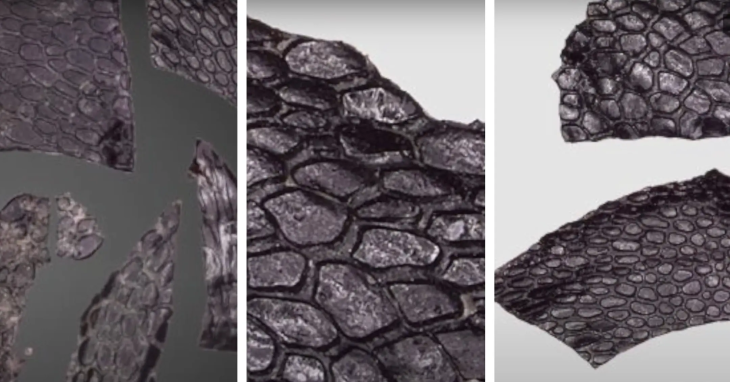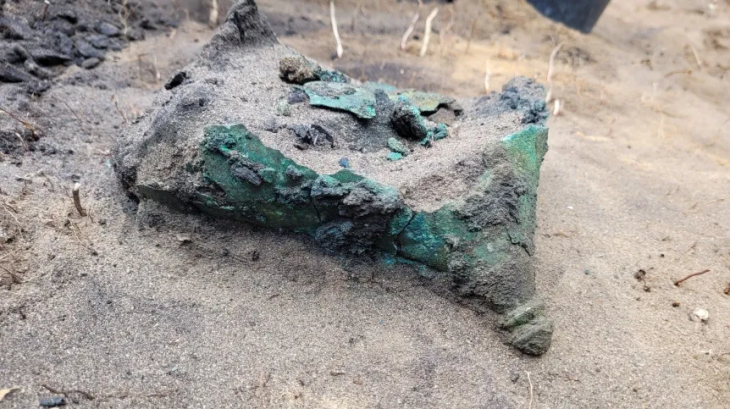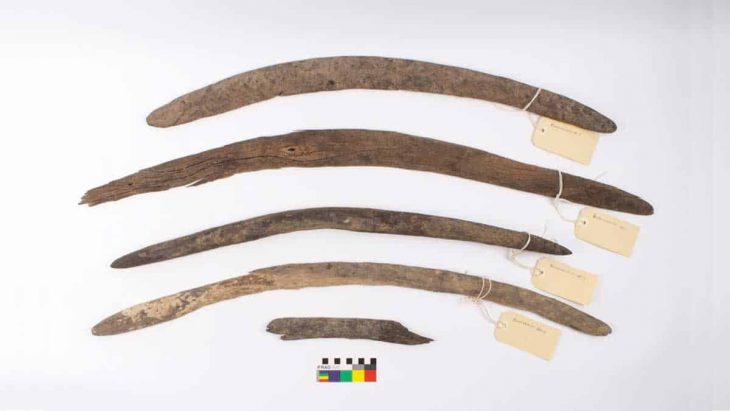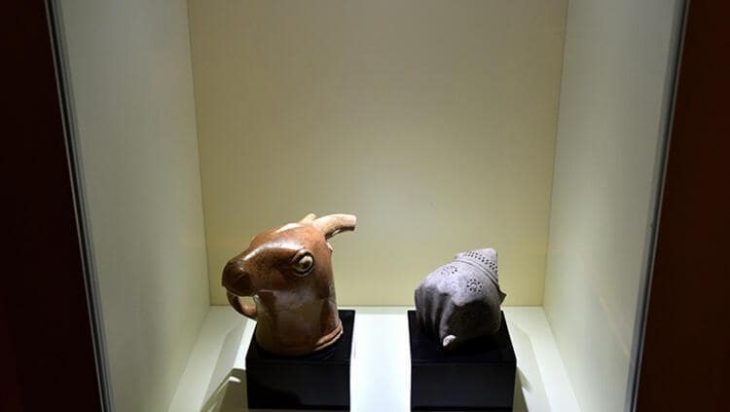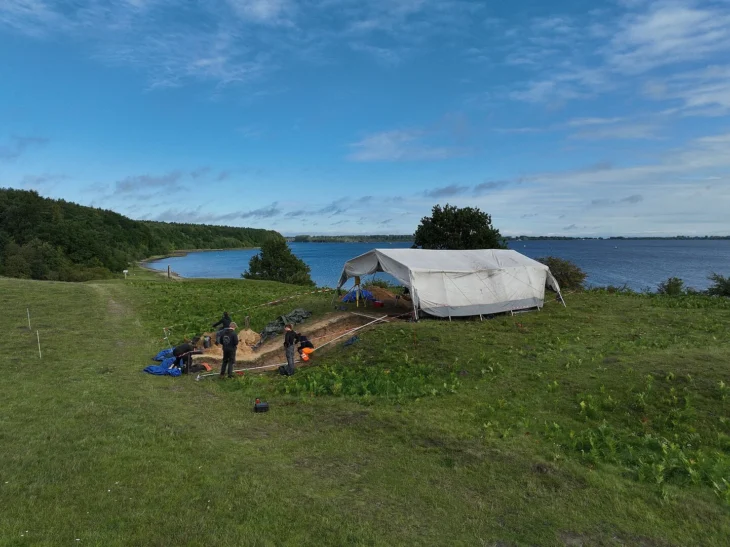Authorities announced Monday that two incredibly rare Roman cavalry swords were uncovered in the Cotswolds, England, during a metal detectorist rally.
The two Roman cavalry swords were found along with their wooden scabbards and fitments, according to a press release from the Cotswold District Council. There was also a broken copper alloy bowl discovered with the weaponry.
Fitments were discovered by Glenn Manning during a metal detectorist rally in the north of the Cotswolds.
The swords have been appraised by Professor Simon James from Leicester University who says that these weapons are middle imperial Roman swords, which are often referred to as a spatha.
Professor Simon James believes they were in use in the Roman world around the 160s, through the later second century and far into the third century AD.
📣 Our WhatsApp channel is now LIVE! Stay up-to-date with the latest news and updates, just click here to follow us on WhatsApp and never miss a thing!!
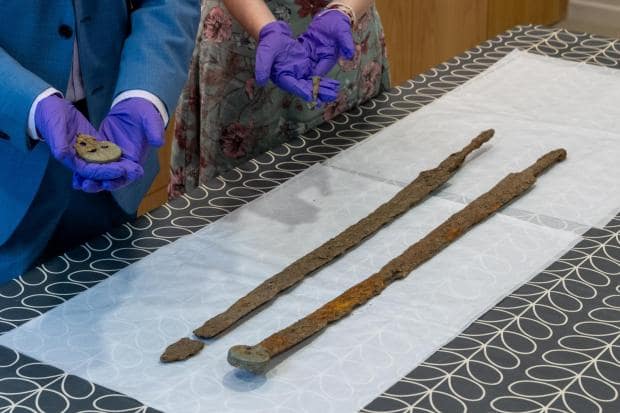
Their length suggests that they were weapons intended for use on horseback. It was not illegal for civilians to own such weapons and to carry them for travelling because Roman provinces were plagued with banditry.
Professor James said: “In terms of parallels, I can’t think of finds of more than one sword being deposited in any similar circumstance from Roman Britain.
“The closest that springs to mind was a pair of similar swords found in Canterbury—with their owners, face down in a pit within the city walls, clearly a clandestine burial, almost certainly a double murder.”
Only four such swords have been found, according to a video shared by the Cotswold District Council.
“This new discovery shows what an incredibly deep history the Cotswolds has. People famously asked, ‘What have the Romans ever done for us?’” council member Paul Hodgkinson said of the discovery. “Well, they have just given us some amazing examples of weapons used almost 2000 years ago when Cirencester was the second biggest town in Britain. This is truly a remarkable archaeological find and I can’t wait for visitors to see them on display in the years to come.”
Soon after the discovery, Kurt Adams, a finds liaison officer, took the swords and other items to Corinium Museum in Cirencester for preservation. Historic England has arranged for the swords to go for further analysis under an X-ray.
An archaeological appraisal at the dig site in the north Cotswolds site may follow to help put the swords into context, as historians involved in the investigation are still unsure about how they ended up buried there.

